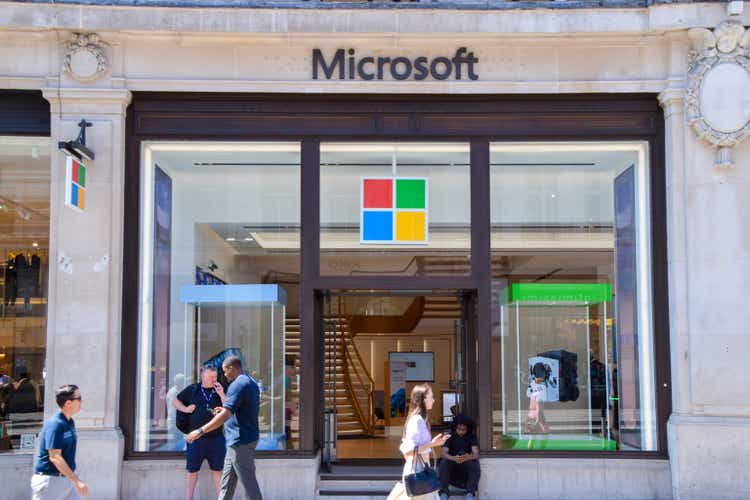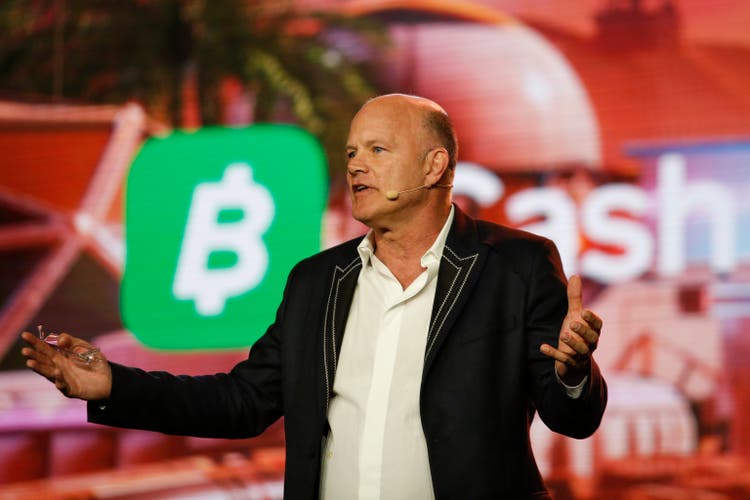- The American dream is on life support for first-time homebuyers, new data shows, and the landscape will remain pretty bleak for a while. Young adults are staying with parents to save money or opting to house swap with baby boomer relatives to eke out a start in the housing market.
It’s a dog-eat-dog world in today’s housing market. Mortgage rates are still hovering near 7%, and Americans need to make six figures in order to afford a median-priced home, which is currently more than $422,000, according to the National Association of Realtors (NAR).
Those factors have gatekept the housing market from many first-time home buyers, who are typically younger generations like Gen Z and millennials. In fact, the housing market has become so unaffordable for these buyers, the number of first-time home buyers shrank to a historic low.
To put it in perspective, the number of first-time homebuyers in 2004 was nearly 3.2 million, according to NAR data shared with Fortune on Tuesday. By 2024, that number had plummeted to just 1.14 million.
And many realtors and real estate experts don’t expect this trend to change any time soon—especially if interest rates, inventory, or wage growth don’t sway in first-time home buyers’ favor.
“We’re seeing a reshaping of the housing ladder,” Alexandra Gupta, a real estate broker with The Corcoran Group, told Fortune. The firm was founded by Shark Tank star, investor, and real estate legend Barbara Corcoran.
“Some first-time buyers are turning to long-term renting or even co-living models because the idea of owning a home has become so out of reach,” Gupta said. Others are relying on family support, she added.
Gupta, who’s based in Brooklyn, New York, said the typical first-time home buyer in her market is in their early- to mid-30s and often come from dual-income households earning six figures.
“But even then, the affordability gap is huge,” she said. “Many have been renting for years, building up savings or getting help from family. Some are tech, legal, or finance professionals looking for stability before starting a family. It’s less about age and more about access to capital.”
On the opposite coast, first-time home buyers are facing similar issues. There’s a “real mismatch” between what people have saved and what homes actually cost, Tami Pardee, founder and CEO of West Los Angeles-based Pardee Properties, told Fortune.
The median condo price in West LA is about $940,000, she said, which would bring monthly housing payments to more than $6,600, assuming a 20% down payment, mortgage rates near 7%, HOA fees, and insurance, she said. That’s more than $2,200 above the median rent, she said. The typical first-time home buyer in her market is in their late 20s to mid-30s, often coming from dual-income households earning low- to mid-six figures, she said.Many get money from family members.
“It really does take a village right now,” Pardee said. “For many young buyers, it feels out of reach, and that can be really discouraging.”
How to prepare to buy your first home
As Pardee said, buying your first home may seem impossible considering the number of factors to combat in today’s housing market. The key to achieving what’s long been known as the American dream is to plan, realtors and real estate experts agree.
Jeff Lichtenstein, CEO and broker at Echo Fine Properties – Palm Beach Gardens, told Fortune he’s seen younger people—including his son—saving more by going out less for meals and vacations. His son also lives at home and has “buckets of savings” with a goal to purchase a home in 2027.
He also said people are getting more creative with housing solutions considering the challenges in the market. He’s seen older generations swap their homes with younger members of their family instead of selling it outright.
“With boomers en masse nearing life expectancy, some homes will start to be passed down to live in rather than sold,” Lichtenstein said.
While easing mortgage rates and increasing housing supply of starter homes and condos would certainly help, Gupta said, that may not be as likely as we hope. Her advice is to start preparing early if you hope to become a homeowner by working with a local agent and exploring first-time buyer grants.
“Don’t get discouraged if the process takes time,” Gupta said. “Patience, planning, and the right guidance go a long way in today’s market.”
This story was originally featured on Fortune.com

 3 hours ago
1
3 hours ago
1





















 English (US) ·
English (US) ·